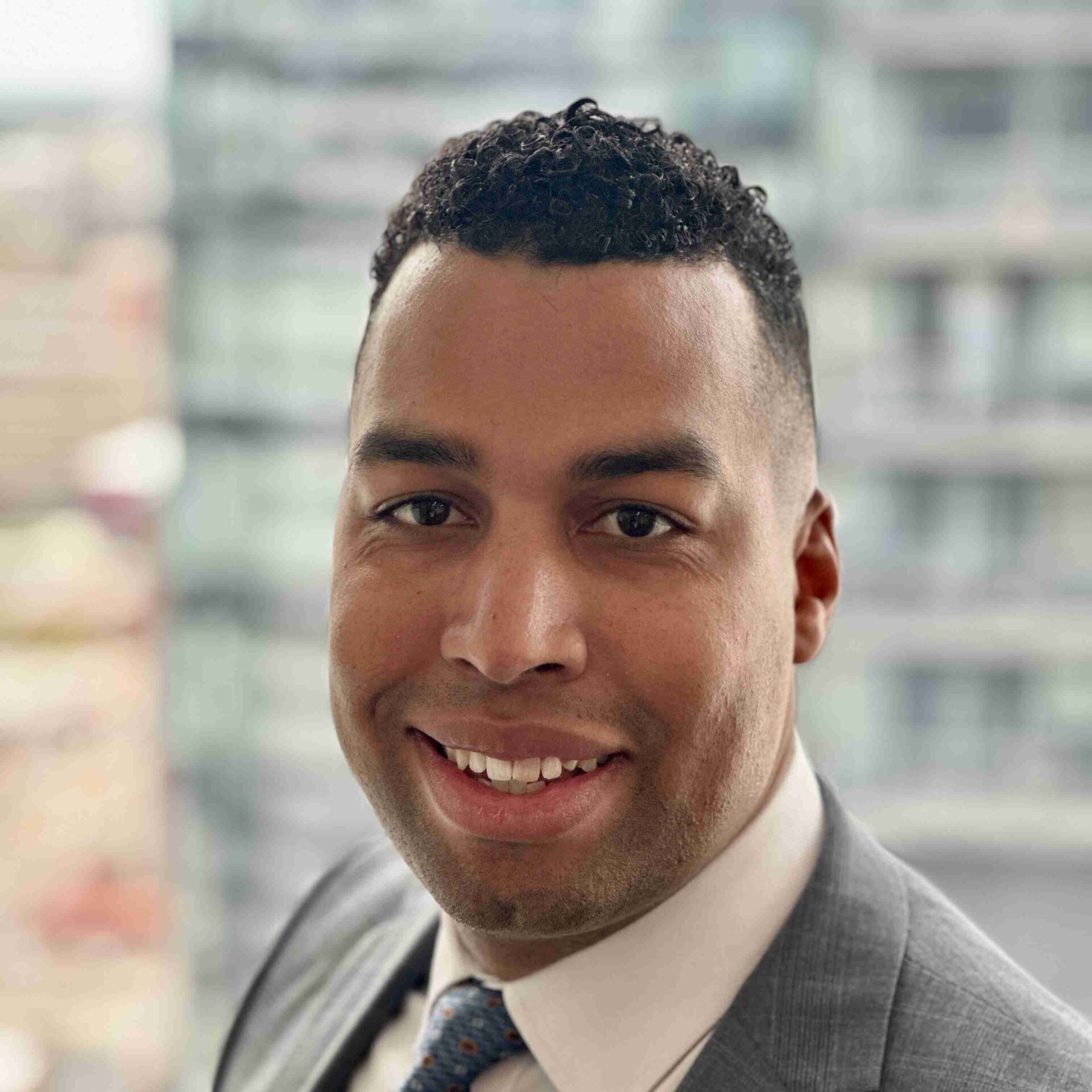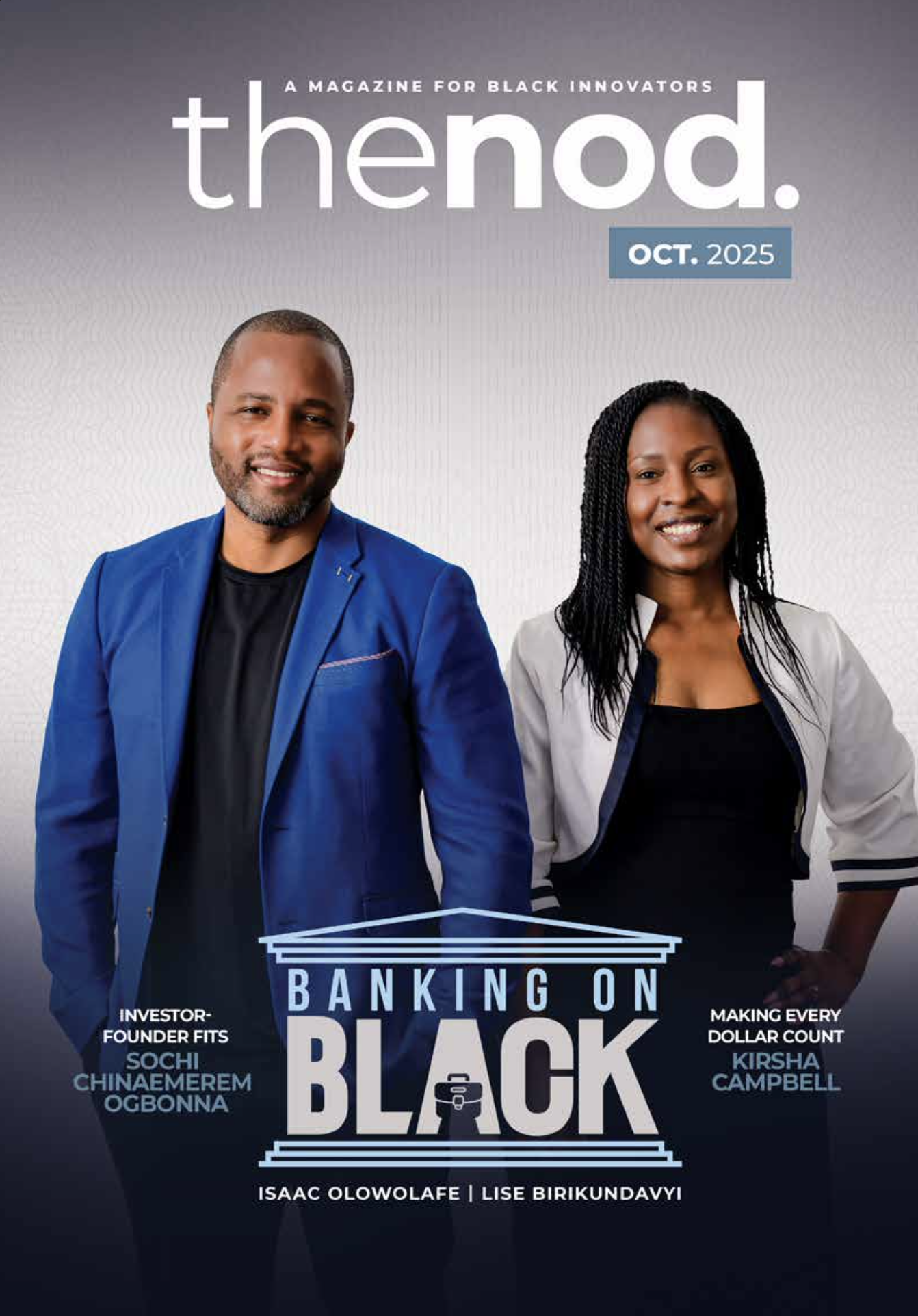As a mental health and family psychotherapist, I am acutely aware of the critical challenge we face: the pervasive silence around mental health in our Black community. This silence isn’t just an absence of words; it’s a barrier that prevents healing, growth, and the realization of our true potential. Stigma, coupled with a widespread lack of understanding and the language to articulate experiences of anxiety, trauma, and depression, holds many of us back from seeking the help we need.
Our community is rich with unique immigration stories and diverse histories, yet these experiences often compound the challenges we face when it comes to mental wellness. As we leave behind familiar environments and step into the uncertainties of a new country like Canada, we encounter systemic issues that exacerbate our struggles. These issues, ranging from socioeconomic disparities to cultural disconnection, aren’t just isolated problems; they are deeply intertwined with our mental health, creating a cycle that can be difficult to break.
WHAT CAN WE DO:
There is no single roadmap to achieving personal balance and immigration stories are quite varied. Here are some communal and individual calls to action that can make a difference.
As a community:
- Advocate for better housing policies that offer provisions for newcomers.
- Demand an affordable path to having one’s credentials recertified.
- Curate culturally sensitive spaces that educate and support mental illness.
- Advocate for inclusive education to support immigrant youth. Greater representation in education can work against feelings of detachment.
Personal strategies that have served in my own transition:
- Find purpose in what you do.
- Take time to unplug from technology, set boundaries on your time and even emotions – this allows space to keep your personal life in perspective
- Set goals for yourself, even small ones, and celebrate each win.
Achieving work-life balance is not just an individual responsibility; it’s a collective effort that requires ongoing support from our community, employers, and policymakers. We must take ownership of our path toward balance, recognizing that it often involves overcoming unique challenges as Black immigrants in Canada. Collaboration is essential in helping newcomers establish a sense of stability and equilibrium in their lives, ensuring they are not forced to choose between financial security and mental well-being.
While we have made notable progress in addressing these issues, there is still much to be done to close persistent socioeconomic gaps and elevate mental health as a key component of work-life balance. By fostering environments that prioritize mental health and provide the necessary resources, we can create a more sustainable and fulfilling balance between our professional and personal lives, ultimately leading to a healthier, more resilient community.













